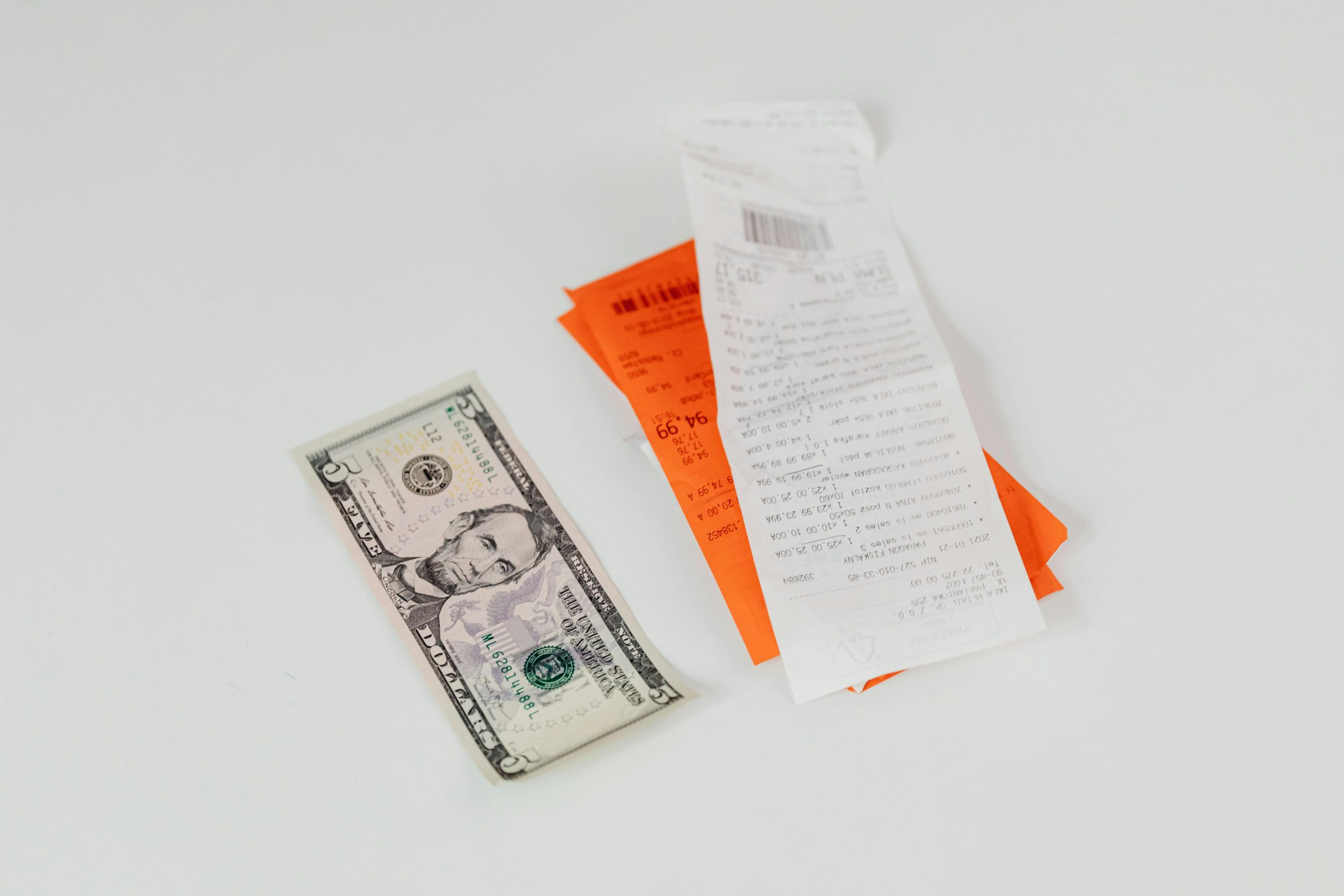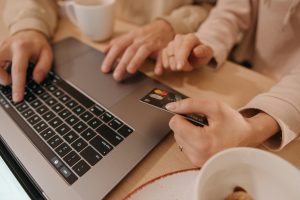The Impact of Economic Uncertainty on Consumer Spending Patterns
Economic uncertainty is a constant presence in the world of business and finance. Whether it’s due to global events, political turmoil, or any number of other factors, fluctuations in the economy can have a significant impact on consumer behavior. In today’s fast-paced digital world, where consumers have endless choices at their fingertips, understanding the effect of economic uncertainty on spending patterns is crucial for businesses looking to stay ahead. In this article, we’ll explore how economic uncertainty impacts consumer spending patterns and what businesses can do to navigate this constantly shifting landscape.
The Connection Between Economic Uncertainty and Consumer Spending Patterns
First and foremost, it’s important to define what we mean by economic uncertainty. Economic uncertainty refers to a lack of predictability in the performance of the economy. In other words, it’s the feeling of instability and unpredictability that surrounds the overall state of the economy. This could manifest itself in a variety of ways, such as stock market fluctuations, unemployment rates, or inflation.
So, how does this uncertainty affect consumer spending patterns? Economic uncertainty breeds caution, and this cautiousness trickles down to consumer behavior. When people are unsure about the state of the economy, they tend to hold onto their money rather than spending it. They may also be more likely to seek out bargains and deals, as they are unsure of their financial situation in the future.
The Fear Factor
One of the main ways economic uncertainty impacts consumer spending patterns is through fear. When consumers are uncertain about the future of the economy, they tend to become more guarded with their money. They may choose to save rather than spend, as they fear for their financial security in the future. This fear can lead to a decrease in consumer confidence, which ultimately impacts consumer spending patterns.
Beyond individual fears, there is also a collective fear that sets in during times of economic uncertainty. When everyone around us is feeling uncertain about the economy, we are more likely to adopt that mindset as well. This collective fear can create an even bigger impact on consumer spending patterns, as people are less likely to make big purchases or investments in the face of such uncertainty.
The Importance of Perception
Perception also plays a significant role in how economic uncertainty affects consumer spending patterns. Even if the economic indicators suggest that things are stable, if consumers perceive the economy as unstable, it can have a profound impact on their spending behavior. This is because perception is often more powerful than reality when it comes to consumer behavior.
For example, a study by the University of Michigan found that consumer confidence levels are closely correlated with improvements or declines in the economy. This demonstrates the power of perception in shaping consumer spending patterns, and how it can be influenced by economic uncertainty.
How Businesses Can Navigate Economic Uncertainty
Economic uncertainty can be challenging for businesses, as it creates a constantly shifting landscape and makes it difficult to plan for the future. However, there are some steps that businesses can take to navigate these uncertain times and mitigate the impact on their bottom line.
Stay on Top of Economic Indicators
One of the most important things businesses can do is stay informed about the economic indicators that are relevant to their industry. This could include things like employment rates, inflation, and consumer spending levels. By keeping an eye on these indicators, businesses can get a better sense of how the economy is performing and adjust their strategies accordingly.
Focus on Building Resilience
In uncertain times, it’s important for businesses to be resilient. This means having the ability to adapt and pivot quickly when needed. By building a resilient business model, companies can better weather economic uncertainty and come out stronger on the other side.
Invest in Your Digital Presence
In today’s digital world, having a strong online presence is key to success. In times of economic uncertainty, businesses can invest in their digital marketing efforts to reach consumers who may be spending more time online. This could include activities like search engine optimization, social media marketing, and content marketing.
Offer Value to Customers
Finally, businesses can also focus on offering value to their customers to encourage spending even in uncertain times. This could include offering discounts, promotions, or other incentives to entice customers to make a purchase. By providing value to customers, businesses can maintain a steady stream of revenue despite the economic uncertainty.
Conclusion
Economic uncertainty can have a profound impact on consumer spending patterns. Fear, perception, and caution all play a role in how consumers choose to spend their money when the economy is uncertain. For businesses, staying on top of economic indicators, building resilience, investing in digital marketing, and offering value to customers can help mitigate the impact of economic uncertainty on their bottom line. By understanding the connection between economic uncertainty and consumer spending patterns, businesses can prepare themselves for whatever the future may bring.










